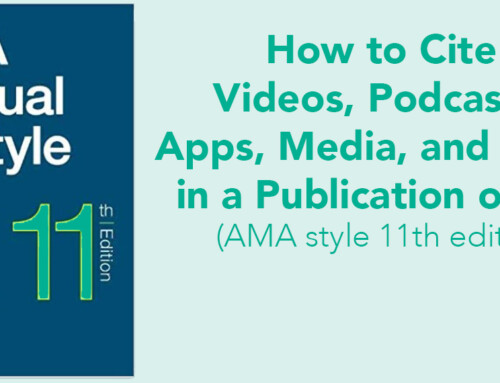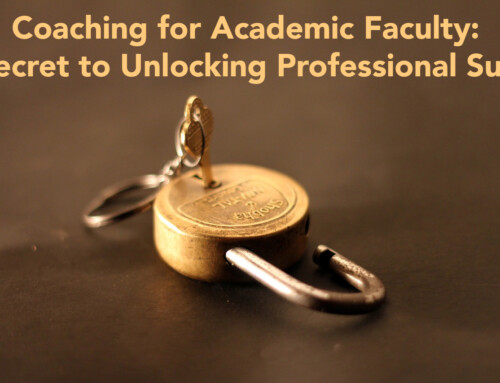Many of you are asked to take a leadership role within your department: managing a research team, joining your administration, or spearheading a clinical effort. It is easy to feel unprepared for these roles, and there are many pitfalls waiting to sabotage your team’s productivity. The ALiEM Faculty Incubator has created a series of 10 case-based teaming problems to provide you with evidence-based advice and solutions for tackling some of the more common problems encountered in our professional team experiences.
Case 3
[box]Your faculty meetings seem to be endless. Most of the faculty are on their computers sending emails or reading the news. It feels like no one is paying attention!
What strategies can you use to improve the efficiency of faculty meetings and engage the faculty in attendance?[/box]
Inefficient Meetings
Facilitating an effective meeting is challenging for inexperienced medical faculty, with many potential pitfalls. Management skills are rarely taught during training yet have been identified as practical skills of the highest importance for medical leaders.1
To improve the quality of your meetings, utilize the following 3 strategies to promote meeting engagement and avoid derailment.
Right people, right meeting
Faculty meetings should occur at regular predetermined dates to maximize attendance. The addition of unnecessary staff members will serve as a distracter and increase irrelevant noise.
Set a clear agenda, distribute it beforehand and keep to time and tasks
Prior to the scheduled meeting, ask team members to submit agenda items along with inclusion reasoning and discussion purpose. Distribute the proposed agenda at least 24 hours before the meeting. This provides time for pre-reading and meaningful consideration of proposals.
Make the meeting actionable and adopt an ‘everyone plays’ mentality
The utility of a pre-distributed agenda allows the meeting itself to focus on actions and decisions to move departmental activities forward. You may energize your typical meeting dynamic by assigning relevant people to specific tasks. This guarantees a variety of speakers and vested interest in the discussion.2
Multimedia Woes
The ubiquitous phenomenon of multimedia multi-tasking has infiltrated faculty meetings. Examples include computer use, email maintenance, and social media updates. Doctors often define themselves as masters of multi-tasking, but does this workplace habit adversely influence behaviors in the non-clinical domain?3
Multi-tasking is the ability to perform 2 discrete tasks simultaneously; however, this is undertaken easily only if both tasks are performed by employing automatic memory. This type of memory requires minimal cognitive input. Task switching, which involves the rapid change from one task to another, is alternatively utilized, but has a well documented performance decrement. This impacts performance and detracts from meeting engagement.4
We propose the following 3 strategies to minimize inattention and distraction:
Utilize social influence
Social influence in organizations is seen when normalization of individual behaviors occurs due to observed behavior in others.5 The meeting chair should be cognizant of this, leading by example, minimizing their own multi-tasking to encourage this behavior within the group. This demonstrates value in everyone’s time and contribution.6
Set ground rules
Understanding the behavioral science behind multi-tasking and task switching should make the decision to enact a faculty meeting ‘devices away’ policy actionable. This will enable a more dynamic and engaged environment, subsequently improving group participation.7
Summarize
Summarizing serves as a focus tool for key points and ensures team members’ collective understanding and cohesion.8
Case Conclusion
[box]You decide to set new rules at the beginning of the academic year: no laptops open at faculty meeting! In the process, you also realize you weren’t setting a very good example and commit to do the same. You also work with your program coordinator to set the agenda in advance and send it out to all faculty. The next 3 faculty meetings are much more productive and the faculty seem re-energized![/box]






